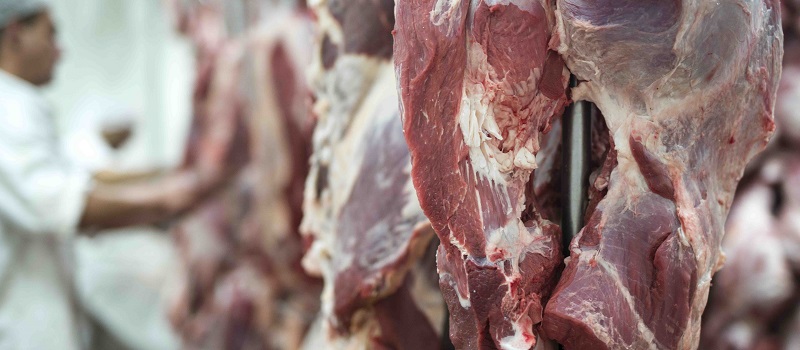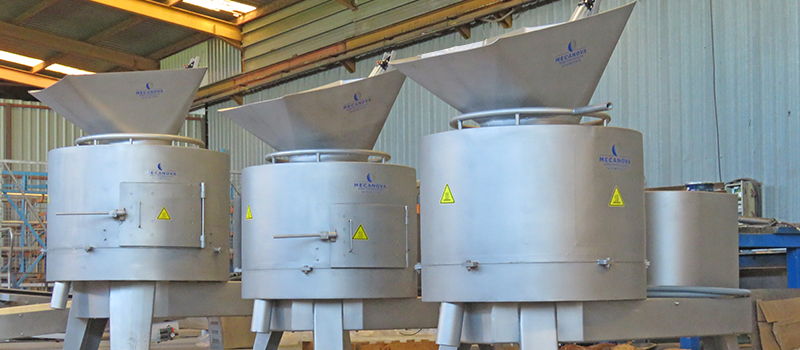Why treating the slaughterhouse by-products is important

Offal machinery or blood treatment systems are equipment that always involves profitable inversions and a high commitment with sustainability.
Treating by-products has become a recommended activity within the slaughterhouses. The proper handling of the instalations waste has turned a priority of the meat industry due to the high volumen of wasted produced, which means high costs and a strong enviromental impact. This is why slaughterhouses are showing increasinging interest in providing their facilities with equipment for treating by-products such as offal, blood and other waste.
The meat industry is under the watch of the goverment and institutions due to the special care they have paid on the sustainability and the responsibility for the animal welfare. The world moves forward, and with it, an industry who reinvents itself everyday to guarantee the sustainability and fulfillment of the new challenges that presented by the ecological transition of the states. Thus, it has been placed a particular emphasis on the way in which the various animal by-products and waste are treated or disposed of in slaughterhouses. There is an increasing tendency for slaughter lines to have blood treatment equipment, offal or waste treatment to reconvert what is left over into a potential product for other industries.
Thus, the challenge that the meat industry is facing is to continue its producing the best quality meat, while taking even more care, if possible, of the slaughter process, ensuring animal welfare and the treatment of animal waste to convert it into useful products. With the innovation of technology, the industry is finding more and more possible uses and different ways of processing these residues as technological ingredients. That is why it is becoming more common for slaughterhouses to have offal machinery: equipment specialised in emptying, cutting, dehairing or washing and cleaning animal by-products. Some of this equipment even represents an investment with a short-term benefit. This is the case of offal machines, which process animal waste for which slaughterhouses now obtain a profit for its removal, compared to when they had to pay for the removal of the unprocessed by-product.

On the other hand, the blood treatment is also a challenge in the industry. Blood is the most polluting element in a slaughterhouse, and its removal to a purifying plant is a complicated and costly task. Currently, slaughterhouses often have blood treatment equipment to improve this previously expensive task. From defibrinators that obtain blood suitable for human consumption, to blood cookers that extract water from the blood and generate flour for use as fertilizers or animal feed.
The future goal of the meat industry is the treatment of by-products within the same slaughterhouses with powerful machinery that involves an investment suitable to recover in the short term. The challenges that we face to contribute to reduce the environmental impact and the development of a sustainable meat industry go through the correct use and processing of all animal products and by-products. Technological development and commitment to efficient techniques can translate into efficiency and sustainability for slaughter lines and meat processing facilities.




